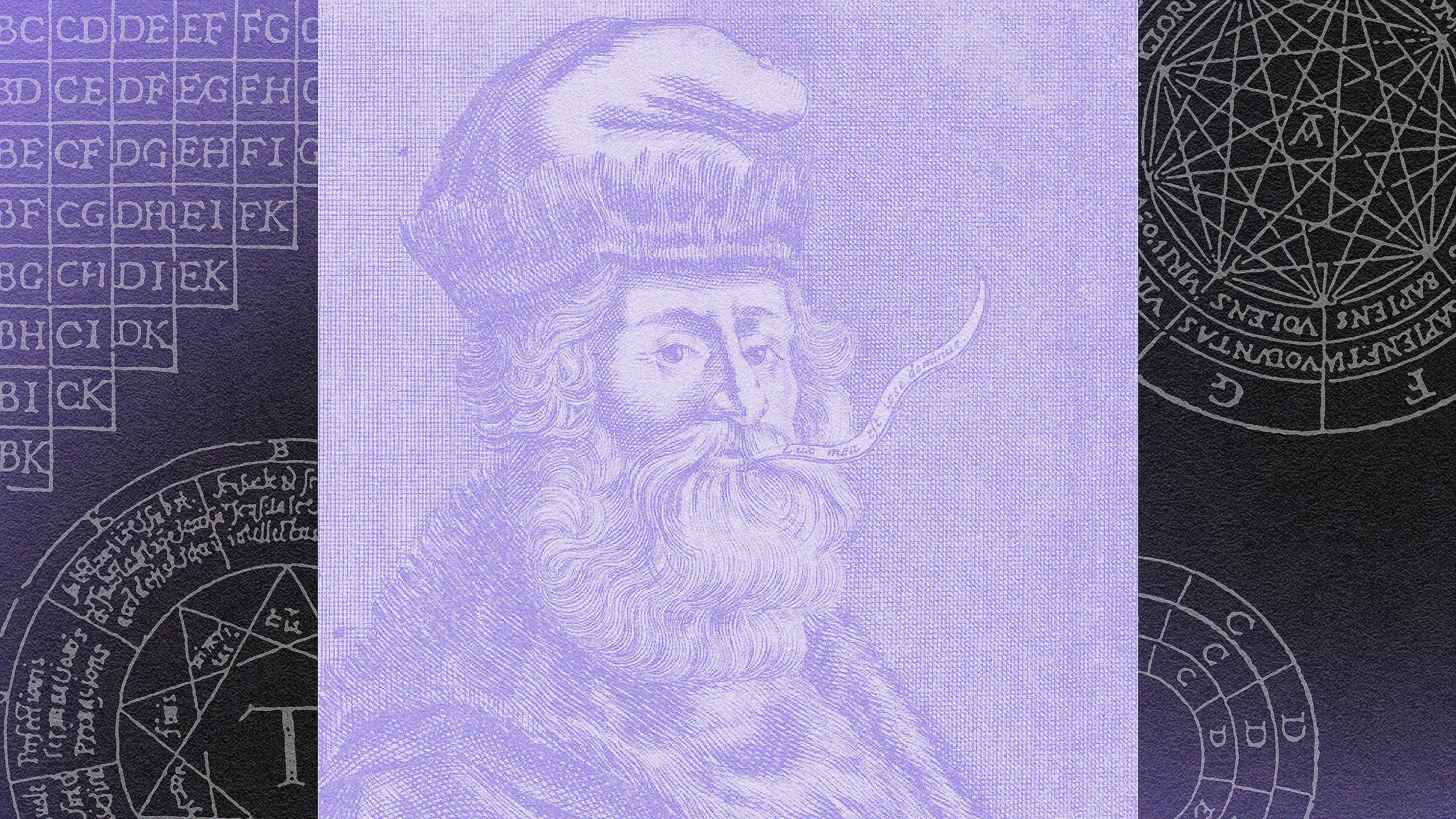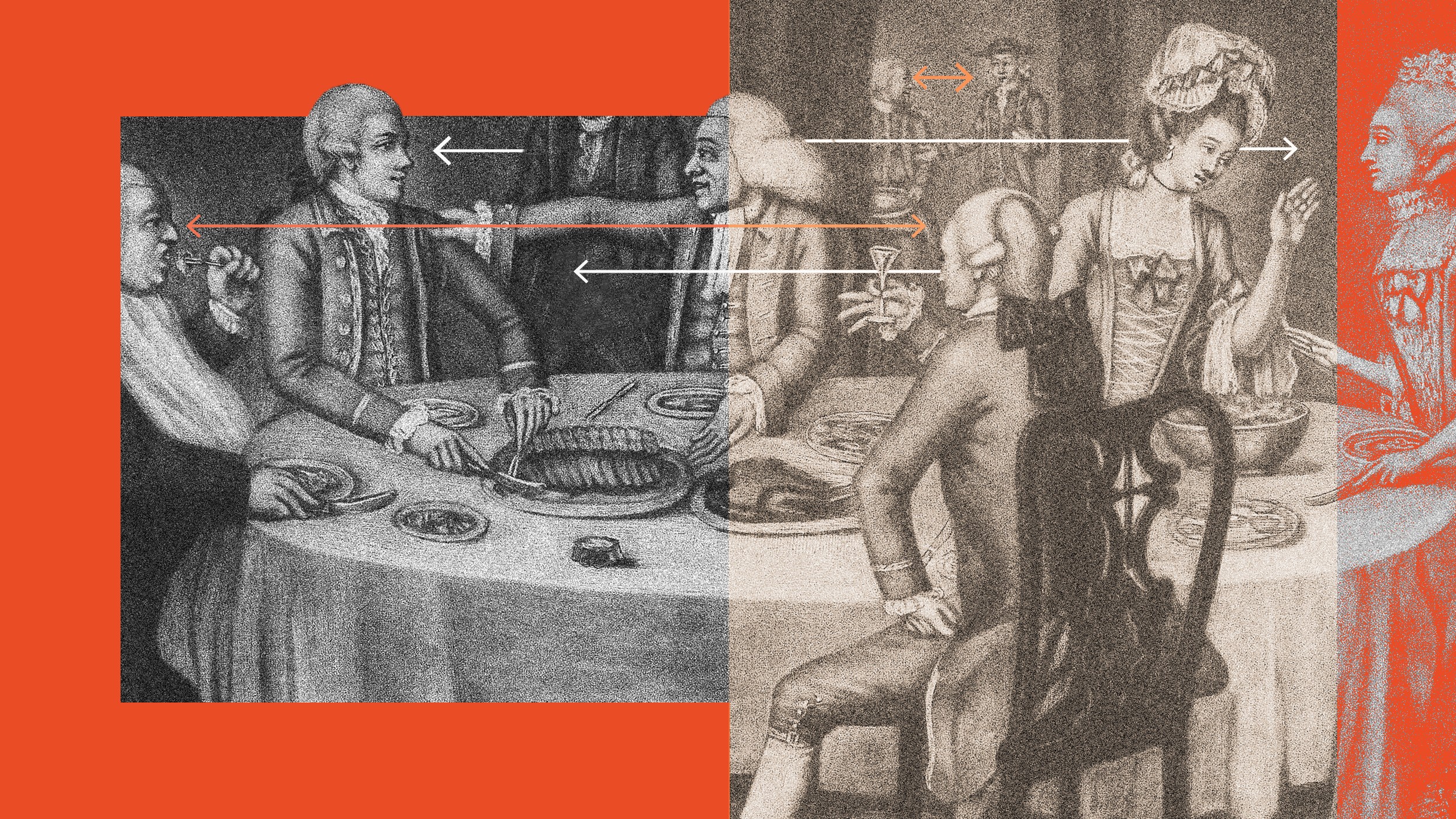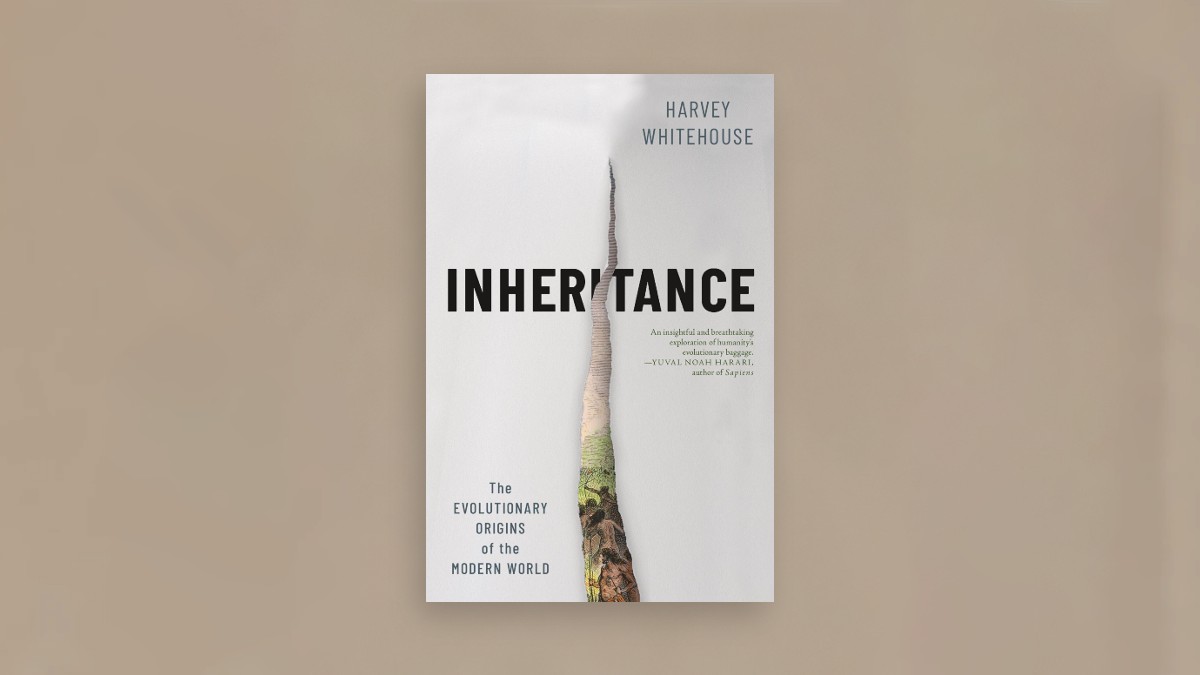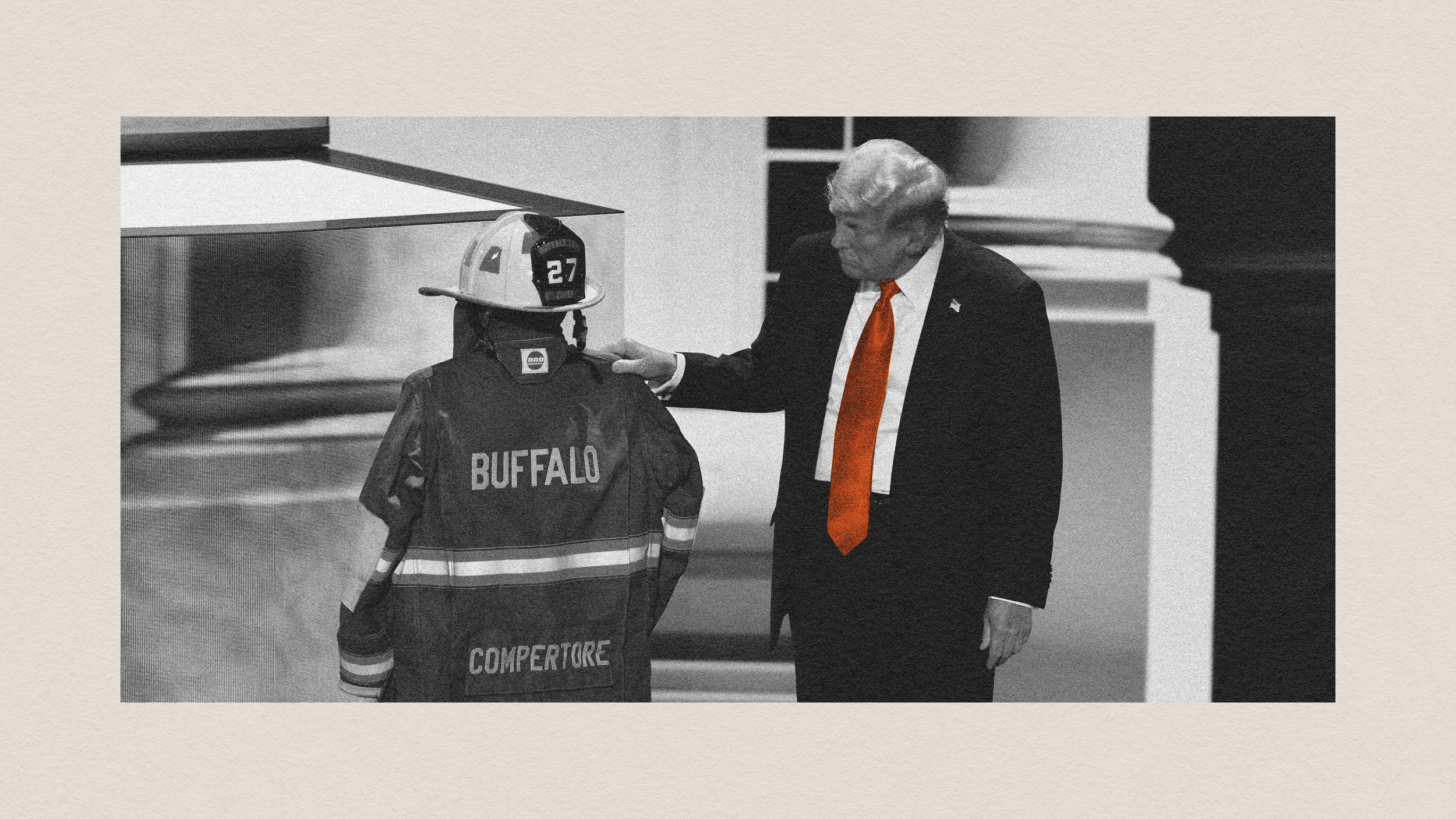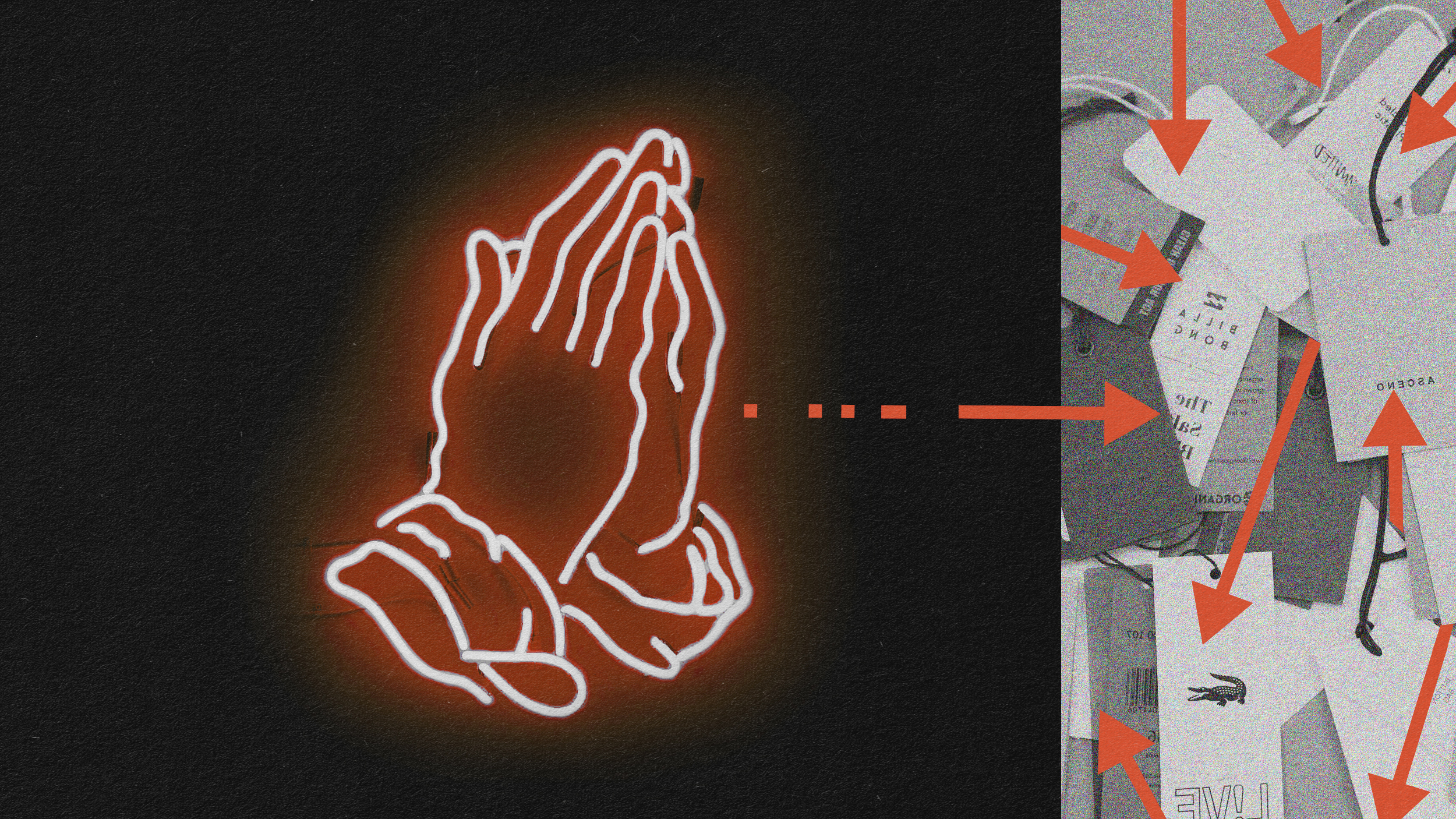Everyday Philosophy: “Are scientists involved in a Satanic plot to undermine religion?”

- Welcome to Everyday Philosophy, the column where I use insights from the history of philosophy to help you navigate the daily dilemmas of modern life.
- This week we look at the demographics of scientists worldwide and throughout history to ask whether scientists are deceiving us.
- Along the way, we explore the origins of the European university and consider why it’s a hard question to answer.
It says, “Satan is the deceiver of the whole world” in Revelations 12, and this has been verified by the observation that the atheists running science and education have convinced everyone of their lies. How is it that very intelligent people can’t see it?
– Michael, Australia
I will admit, I had to edit this question a bit. Normally, we only add a bit of punctuation and some light touches to the submissions for Everyday Philosophy, but this question was a little too higgledy-piggledy. It was a little too incoherent to match our editorial standards. So, this is an edited version which, I hope, captures the gist of Michael’s question.
It’s also clear that Michael’s question is a certain type of question — the type we get a lot at Big Think (as I’m sure any publication does): an angry, paranoid ramble, usually steeped in a noxious form of religion. Usually, I would delete these kinds of emails, but something about this one held me for a while. Michael doesn’t insult me. He doesn’t scream or superglue his caps lock down. It’s a question born of a belief — one born of his religion. So, why not? Let’s examine these claims. Let’s try to be “intelligent people” and examine the claim that atheists and/or Satan are running science and education.
To do so, we’re going to have to put a historical feather into our philosophical cap. We’re going to have to dive into the history of religion and education. Given Michael is Christian, I will focus on the Christian tradition, and we can divide this question into two sections: First, the historical and theological question — what role has the Church played in education up to now? Second, the modern claim — is “science” really run by atheists and/or Satan who are determined to deceive the world?
Slithery snakes at the ready. We’re heading for the Tree of Knowledge.
A religious education
When you talk about the relationship between religion and science, it’s only a matter of time before one name pops up: Galileo Galilei. Galileo the Persecuted. Galileo the Gagged. Galileo has become the pin-up boy for the science vs religion debate. When Galileo declared that the Earth was not the center of the Universe, the Papal Qualifiers thought it blasphemy. So, he narrowly avoided death and lived his life under house arrest (which was, in fact, a villa in Tuscany, full of servants, and often visited by friends and cardinals).
It’s not hard to find examples of the Church stamping out or striking off science. But this picture of a science-hating Christianity is, at best, simplistic and, at worst, plainly wrong.
You cannot tell the history of education without telling the history of religion. In the pre-Christian ancient world, philosophers would study the natural world. But Plato, Aristotle, Hippocrates, Pythagoras, Ptolemy, Galen, and others were all religious people who saw their work as framed within their religious beliefs. Even the Epicureans — history’s “first atheists” — were actually deists, not atheists at all.
In the medieval period, almost all formal education was organized, funded, and headed by the Church. The first universities in France and Italy were designed to create a uniform understanding of the world — the “universitas” of “university” was to create a “universal” education. And while you went there to study law, medicine, or other disciplines, they all came second to theology. Learning was part of a religious understanding of things — a way of understanding God’s creation.
The only sources of education in the European Middle Ages would have been at some royal court, as an apprentice, or at university. It’s not unfair to say that all academia and any learning for a millennium and a half were because of the Church.
The word “science” has ancient roots, but how we use it today is comparatively modern. For a long time, it simply meant “book learning” — and usually only in philosophy and theology. By the 17th century, it started to take on the meaning of “anything not in the arts.” Only in the mid-19th century did it come to mean studying the natural phenomena of the world: biology, chemistry, and physics.
So, Michael, if we look at history, “science and education” were certainly not a matter of atheism. They were Church-led and religiously infused. Which is, I assume, your point. Looking at history makes today look all the more different.
A laboratory of Satanists
Confession time: Going into writing this article, I had a certain bias. I had assumed that modern science is, as Michael implies, dominated by atheists. With prominent public intellectuals like the neurologist Sam Harris and the evolutionist Richard Dawkins leading the “new atheism” movement, and with Stephen Hawking declaring, “There is no God,” you can see why my biases formed the way they did.
It’s surprisingly hard to find conclusive data either way on this issue. There is a great deal of evidence suggesting “scientists” are more likely to be non-religious than the general public — but how and by how much varies depending on when and whom you ask. If you compare scientists with any old university-educated member of the public, the difference becomes much smaller again. So, there is a correlation between higher education and non-religiousness, but the “all scientists are atheists” claim is hard to answer, not least because we have no uniform and widely accepted proper use for the word “atheist.”
That said, I think we can say to Michael that there is enough data out there to suggest that scientists are far more likely to be atheists than an average member of the public in most of the developed world. And so, onto the next part. Does that make science less reputable as a result? Are atheists more likely to lie than theists? Well, no. Of course not. Humans are humans, and most people lie many times a day.
Does it matter?
The implicit assumption in Michael’s question is that because scientists are atheists, they are inclined to manipulate their data or skew their experiments to prove atheistic conclusions — such as Galileo’s heliocentrism or the theory of evolution, perhaps.
It would be naïve to suggest that scientists are immune to bias. It would be wrong to suggest that scientific research is simply cold data, rigorously collected, and objectively presented. As Stuart Ritchie of the Science Fictions newsletter puts it:
“The mere act of squeezing a complex process into a few thousand words—limited by a journal-imposed word count—is itself a distortion of reality. Every time scientists make a decision about ‘framing’ or ’emphasis’ or ‘take-home messages,’ they risk distorting reality even further, chipping away at the reliability of what they’re reporting. We all know that many science news articles and science books are over-simplified, poorly-framed, and dumbed-down.”
But this is not how science works. It does not depend on a few studies or voices. Science involves millions of people over decades, working in hundreds of countries around the world. Some are atheists, some are religious, and most are simply trying to find the truth.
In 2016, Dr. David Robert Grimes conducted a study into how long it would take for a conspiracy to “come out” based on the number of people involved. The more people involved, the quicker the conspiracy would collapse. It’s hard to know exactly, but roughly 45,000 people in the US were awarded a STEM PhD in 2022. If we extrapolate that to all living PhD-level scientists worldwide, we’re talking millions of scientists. According to Grimes’ law of conspiracies, it would take mere seconds for an “atheist deception” to blow wide open.
So, Michael, here’s the answer: Yes, many scientists are atheists — more than the general population. And yes, scientists, like all humans, can be deceitful or led astray by bias. But is science engaged in a Satan-inspired conspiracy of deception? Probably not.
